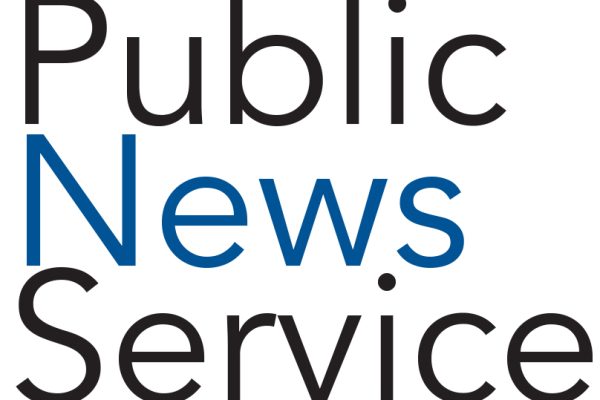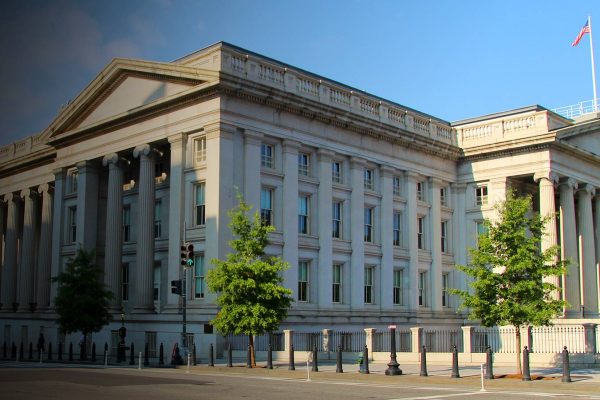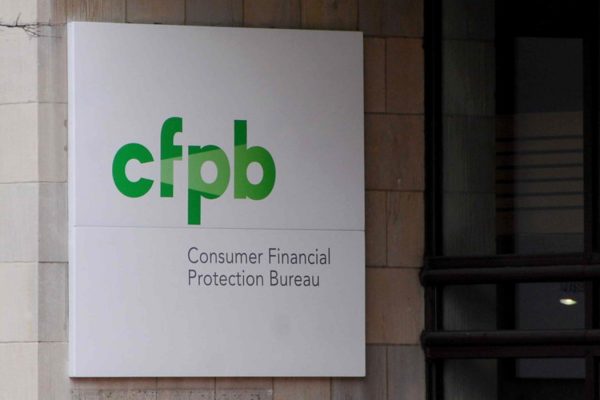In The News: The Federal Reserve Is Caving to the Big Banks—Again (The New Republic)
Dimon’s tactic was to argue that inflation—Powell’s foremost worry during the past three years—would get worse if the rule took effect, because banks would have to raise the cost of borrowing to pay for the increase in capital reserves. Mortgages and small-business loans would be smaller. Pensions and college funds would produce lower returns. The price of a soda would increase. But as the nonprofit Americans for Financial Reform noted in a comment on the rule, “Banks could very easily raise their current capital levels by simply retaining more earnings, which are plentiful right now, instead of buying back shares or paying dividends.”










